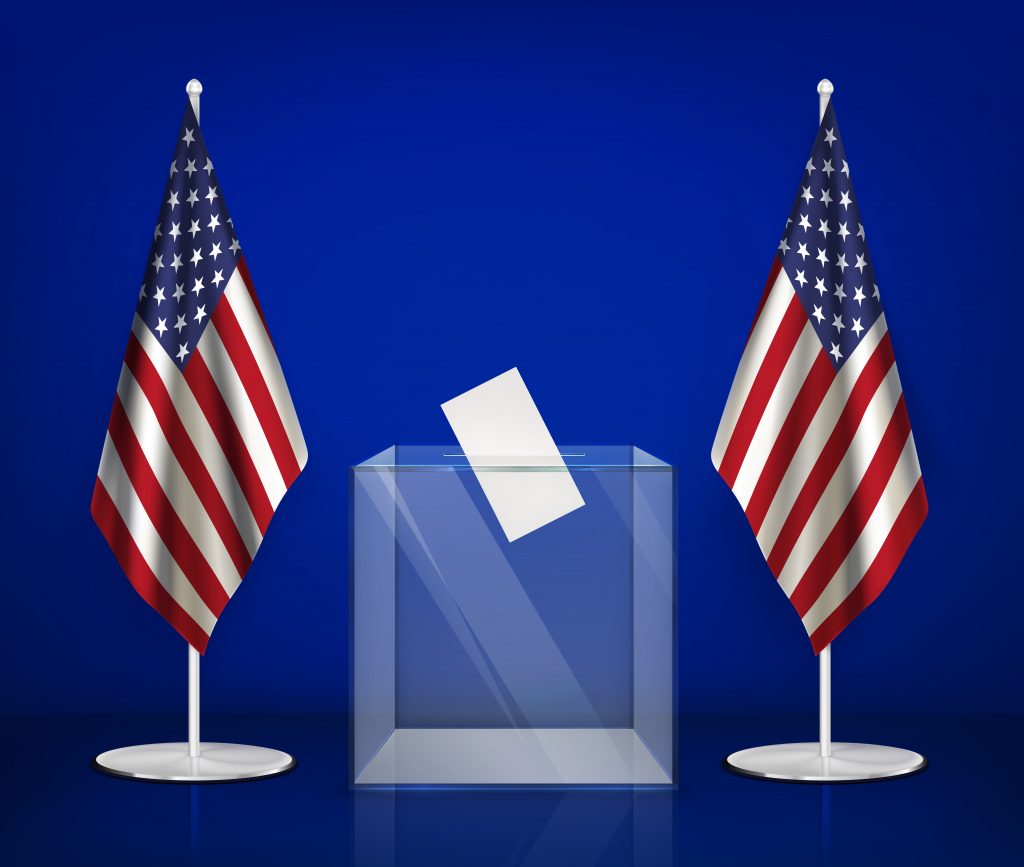
Introduction: Understanding the Diversity of Political Parties in the United States
In the vibrant and dynamic political landscape of the United States, a wide array of political parties exists, each representing different ideologies, interests, and visions for the country. From the two major parties, the Democrats and the Republicans, to numerous third-party and independent candidates, the American political system provides a platform for diverse voices to participate in the democratic process. In this article, we will explore the List of Political Parties in the United States and gain insight into the fascinating tapestry of American politics.
List of Political Parties in the United States
Here is a comprehensive list of political parties in the United States, ranging from the major parties to the lesser-known ones:
- Democratic Party: As one of the two major parties, the Democratic Party champions liberal policies, focusing on social justice, economic equality, and a strong government role in addressing societal issues.
- Republican Party: The Republican Party, the other major party, aligns with conservative principles such as limited government, free-market capitalism, and a strong national defense.
- Libertarian Party: Promoting individual liberty, minimal government intervention, and free-market capitalism, the Libertarian Party advocates for personal freedoms and limited government control.
- Green Party: With a focus on environmental sustainability, social justice, and grassroots democracy, the Green Party seeks to address climate change and promote progressive policies.
- Constitution Party: The Constitution Party stands for strict adherence to the United States Constitution, emphasizing conservative values, limited government, and traditional moral principles.
- Independent Party: Independent candidates, not affiliated with any specific party, often run on a platform of nonpartisanship and prioritize solutions based on their own judgment rather than party lines.
- Socialist Party USA: Promoting democratic socialism, the Socialist Party USA advocates for social ownership of the means of production, wealth redistribution, and an expanded social safety net.
- American Solidarity Party: Inspired by Christian democratic principles, the American Solidarity Party promotes social justice, pro-life policies, environmental stewardship, and economic fairness.
- Liberal Party: Founded in New York, the Liberal Party supports progressive policies such as civil rights, social liberalism, and government intervention in the economy.
- American Freedom Party: Representing white nationalist and white supremacist ideologies, the American Freedom Party has gained attention for its controversial platform and associations.
- Reform Party: Originally founded by Ross Perot in 1995, the Reform Party advocates for political reform, fiscal responsibility, and non-interventionist foreign policies.
- Socialist Workers Party: Committed to revolutionary socialism, the Socialist Workers Party promotes workers’ rights, anti-imperialism, and international solidarity.
- Working Families Party: Focusing on economic justice, labor rights, and progressive policies, the Working Families Party aims to support candidates who champion the needs of working-class Americans.
- American Delta Party: With a platform centered on government transparency, campaign finance reform, and political accountability, the American Delta Party seeks to address corruption in politics.
- Modern Whig Party: Drawing inspiration from the historical Whig Party, the Modern Whig Party advocates for pragmatic, centrist policies and promotes national unity.
- Prohibition Party: The Prohibition Party promotes a socially conservative agenda, particularly advocating for the prohibition of alcohol and other substances.
- American Nazi Party: A far-right extremist party, the American Nazi Party promotes white supremacy, anti-Semitism, and fascism, and is widely condemned.
- Justice Party: Founded in 2011, the Justice Party focuses on economic justice, environmental sustainability, and human rights, aiming to create a more equitable society.
- Christian Democratic Party: Inspired by Christian values, the Christian Democratic Party promotes social conservatism, family values, and a pro-life stance on abortion.
Frequently Asked Questions (FAQs)
1. Are there only two political parties in the United States?
No, the United States has a multi-party system, but the two major parties, the Democrats and the Republicans, have historically dominated the political scene.
2. Can third-party candidates win elections?
While it is challenging for third-party candidates to win major elections due to the two-party system, they can still influence the political agenda and raise important issues.
3. What role do independent candidates play in American politics?
Independent candidates offer an alternative to party politics and can sometimes act as a voice for disenfranchised voters who feel disconnected from the major parties.
4. How do political parties shape policy-making in the United States?
Political parties play a crucial role in shaping policy-making through their platforms, endorsements, and support for specific candidates. They provide a framework for collective action and coalition-building.
5. Can political parties evolve and change their ideologies over time?
Yes, political parties can evolve and change their ideologies in response to societal shifts, changing demographics, and emerging issues. This adaptability allows parties to remain relevant and responsive to voter concerns.
6. Are there any regional or state-specific political parties in the United States?
Yes, some states have regional or state-specific political parties that focus on local issues and concerns, while others align themselves with national party platforms.
Conclusion: The Diverse Landscape of American Politics
The List of Political Parties in the United States showcases the diverse range of ideologies, values, and interests present in American politics. While the Democrats and Republicans dominate the national stage, third-party candidates and independent politicians provide alternative perspectives and contribute to the democratic process. The American political landscape is ever-evolving, with parties adapting to societal changes and new issues. Understanding the various political parties is essential for engaging in informed discussions and participating in the democratic process.